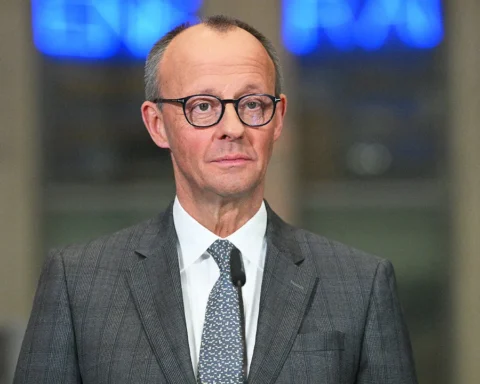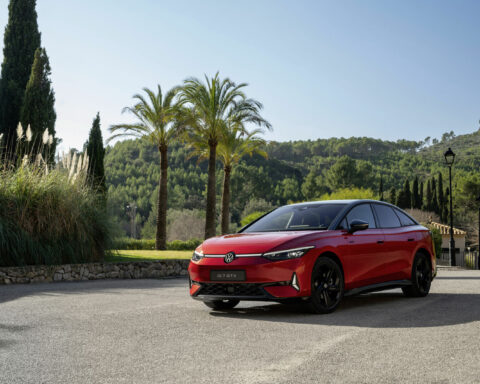- Record-setting driver Rainer Zietlow and his co-driver Dominic Brüner are driving right across Germany for two months
- More than 14,000 km covered in southern and eastern Germany
- More than 350 fast charging stations tested, very often reaching a high charging capacity of 125 kW with the Volkswagen ID.3 Pro S02
- Access to charging points from multiple suppliers via We Charge card
The two are driving a pre-production model of the ID.3 Pro S02 with a 77 kWh net battery capacity. The battery offers a range of up to 549 km in a WLTP cycle and will be brought to market in spring 2021. After more than 14,000 kilometres driven, the half-time scorecard paints a very positive picture: the maximum charging capacity of 125 kilowatts can be used from most of the more than 350 fast charging stations tested to date, offered by a variety of providers. Volkswagen’s We Charge payment system provides cross-brand access.
“We’re getting a lot of curious looks and are often spoken to by interested onlookers, especially at the fast-charging stations,” says Rainer Zietlow, looking back at the first 350 stops he has made. “You can see that e-mobility is a major topic and that there’s a lot of demand for information.” Along with his co-driver, this driver from Mannheim wants to use his two-month tour through the Republic to make an assessment of Germany’s current situation in terms of available charging infrastructure.
Above all, Zietlow intends to find out how day-to-day electric living will function in big cities such as Frankfurt and Dresden, as well as out in the country. “For example, it’s interesting to see that we are using the least energy in city traffic, of all places, where combustion engines of conventional cars consume the most fuel. In our ID.301 this is 15 kWh for every 100 km. Depending on the provider, this is equivalent to electricity costs of about four euros. On average, we’re using just under 20 kWh.” Even though the focus of the marathon driver duo is mostly on making their way from one fast charging station to the next according to the tour plan set out by the Institute for Transport Logistics (ITL) at the Dortmund Technical University, the team does get some time to stretch their legs. “On one of the transfer days, we drove 420 km in one stretch without stopping to charge.”
Zietlow and Brüner want to reach their tour destination of Sylt by the beginning of December, after more than 20,000 km and some 650 charging stations tested.






